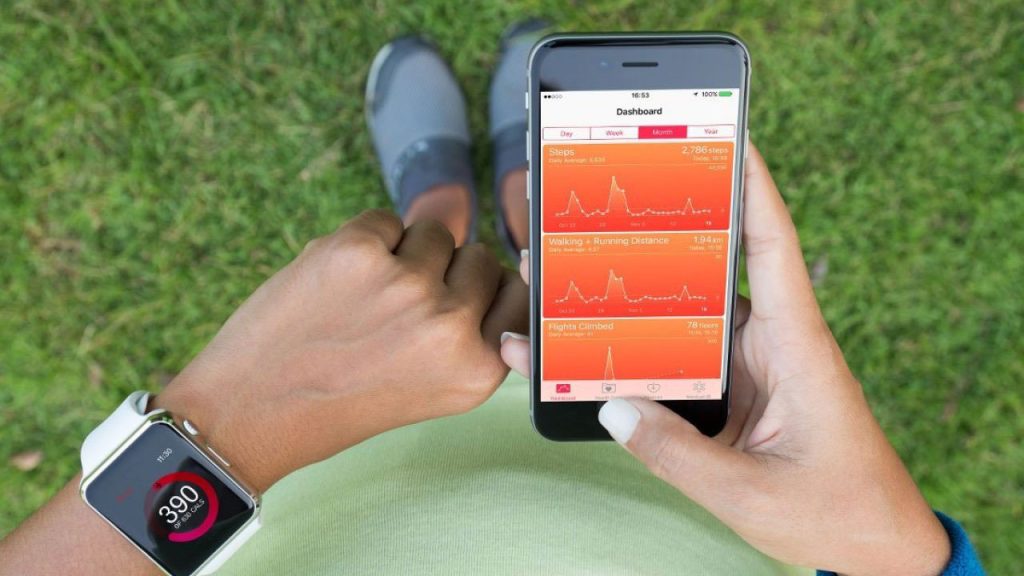Biohacking might not be the word on everyone’s tongue, but it’s certainly becoming more popular – even if you don’t know what to call it. Tech is a big part of that. Gone are the days when health and fitness were exclusively reliant on the guidance of professionals. People are taking control of their own bodies, sometimes effectively and sometimes in ways that can be a little dangerous. Here are some safer ways to boost your own performance (https://longevity.technology/lifestyle/biohacks-that-can-boost-your-work-out-performance/).
First, let’s define what we mean by a biohack. Biohacking is often described as “do-it-yourself” biology. It’s when you change your diet or your exercise routine, or you make other small changes to your lifestyle in an attempt to improve your health and wellbeing, often with a specific goal (like weight loss or improved cardiovascular performance) in mind.
Good biohacks protect you from damage and injury while helping you improve your longevity and perhaps even boosting your physical and cognitive performance. Consider the example of walking. You don’t need special equipment or training to start walking. It’s not like running, where the high intensity means higher risk. It’s one of the simplest and most effective ways to exercise, working with your body and its natural movement rather than trying to force it into something uncomfortable.
Many people choose supplements as a form of biohack. This can be one of the riskier paths to take as there’s a huge, unregulated market that isn’t backed by a lot of scientific evidence. For the supplements we know work, however, the various vitamins, minerals and other nutrients that are sometimes underrepresented in our bodies can provide all kinds of boosts not just to our physical performance, but also our cognitive ability and even our mood.
Then there’s tech. Modern technology has been a huge driver of the rise in biohacking because it makes it so much easier to monitor ourselves without needing to go to the doctor. Wearable devices and apps can track heart rate, blood sugar and all kinds of other biomarkers to check our progress (or lack thereof). Becoming better informed about your own body is the first step in taking control of your own health.
We’re never going to completely remove the need for doctors and therapists with broader medical expertise, but targeted biohacking can put your health and performance at least partly in your own hands.




